Scott Cairns, by my lights, is one of the greatest living American poets whose work digs beneath the surface of the profane to lift up the sacred. I first discovered Cairns’ poems in 2004 at the Calvin Festival of Faith & Writing; I bought his Idiot Psalms and received a vocabulary to approach the mystery of an awe-some God.
Most of Cairns poetry sounds like prayer, like psalms. But, as a former Protestant and now Greek Orthodox, Cairns carries readers from the fallacies of our unintentional reformations into an experience where words not merely matter but are the matter. We too often fall prey to the heresy of dividing word from spirit, body from soul, but Cairns’ poems reify us.
His poetry requires re-reading, hearing, and even tasting, if it can be phrased that way. In Endless Life—which is an adaptation of mystical writings from the Christian tradition into poetic form—Cairns begins with a prologue from the 14th c. “The Cloud of Unknowing” that admonishes readers for how to read spiritually: “read slowly, and thoroughly, tasting each word’s trouble….” If not, one may read a passage that should be harrowing and instead assume its affirmation.
If his previous collections showed readers that poetry was prayer and how to read spiritually, his newest collection, Correspondence with My Greeks, reminds us that art is in response to art. As George Steiner writes in Real Presences, "The best readings of art are art.” (Click on the photo below to hear Malcolm Guite explicate Steiner.)
Cairns initially attempted to translate the poems of his beloved Greeks, only to realize that these poems did not require translation as much as request response. He explains, “[As] I read the Greek and English versions, I answered these poets with poems of my own. These, then, are my correspondences, my letters to those who first wrote to me.” In a review of the collection, Anastasios Mihalopoulos calls this collection an “homage,” though with features characteristic of Cairns’ style from his previous poems—“the playful syntax and aural acrobatics.”
For me, the poems me how to express what I feel, what I know but cannot find the words for, the gratitude I owe other artists, the struggle I have with my own inadequacies, the desire to become immortal through some good/beautiful thing I make. “When will I become the man that this young man supposed/ those many years ago? Was he likely ever to arrive?” Cairns asks. How often have I wondered that question for myself! Cairns prays that his poems “become ridden with erasure/and that those lacunae prove/provocation for a visit.” The word “provocation” repeats in Cairns’ poems, a reminder of our vocation, our callings as creatures and thus creatives.
Cairns moves seamlessly from echoing Scripture to drawing from myths and other poems, so that one glimpses the allure of a reading life. Soliciting a miracle, Cairns asks “help my unbelief.” Remembering The Odyssey’s Penelope, we see her “unwilling to suffer fools gladly” and “undoing whatever progress the day has seen.” Cairns poems testify to the goodness of a life well-fed by ancient words and contemporary voices that recall the tradition of the great cloud of beholders.
In the “Introduction,” Cairns delivers dark news to his readers: he was recently diagnosed with a rare blood cancer that brought his mortality to the forefront of his mind. Although many of his other poems faced death, this new collection was intended to showcase his interior contemplation, especially for his “wife and children and others who love [him].” The poet shares his vulnerability in requests for “desired resurrection” and hope for the “sepulcher where death becomes undone.”
I was reminded of one of my favorite Cairns’ poems, which he wrote for our friend Brett Foster who passed away in 2015. He read this poem, “Words for the Beloved,” at Brett’s funeral, and I have kept it ever since in my Bible. “And this is the consolation,” it begins, “—that the world/ doesn’t end….” But that we may fall asleep here and awaken to a better world with Him. For this life that is full of mystery, grief, aging, suffering, and ultimately death, we need poetry—not the self-congratulatory riddles that sometimes litter the so-called literary society, but the selfless verses of those witnesses willing to provoke us for our good. Cairns is one of those witnesses.
What I Read Recently
I’ve been not-so-patiently waiting for Jennifer Powell McNutt’s The Mary We Forgot, and it was worth reading. Unpacking how the “apostle to the apostles” Mary Magdalene has been misremembered in our church history, Rev. Dr. McNutt gives us the true story from the gospel accounts, while not discounting the myths and apocrypha that shaped the legends.
I also finished Benjamin Labatut’s When We Cease to Understand the World which I enjoyed even more for its form than its content. Labatut fictionalizes the biographies of 20th c. scientists and their real discoveries to warn us about what happens when science as a way of knowing has become severed from wisdom. The book was a National Book Award Finalist, and I’m not sure how it did not win. Its magnificent.
Every week, I’ve been sharing what I’m currently reading via my Twitter account. I’d be delighted to hear what you’re reading as well.
Recent Links
I’ll be speaking at the Catholic Imagination Conference at Notre Dame on Nov 2. I hope to see friends there! Come say hi!
Rapt recently featured an interview with me, which allowed me to live out my life goal of become a cartoon face. Please support them by reading through the wealth of content about Christian writers and thinkers.
Gary Ball and Alex Sosler are doing a podcast on artistic vision for the church. I’ll be featured talking about Flannery O’Connor soon, but you should check out all the other interviews!
And I’ve recently endorsed some books, including one by Russ Ramsey and another by my mentor Ralph C. Wood.

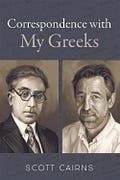

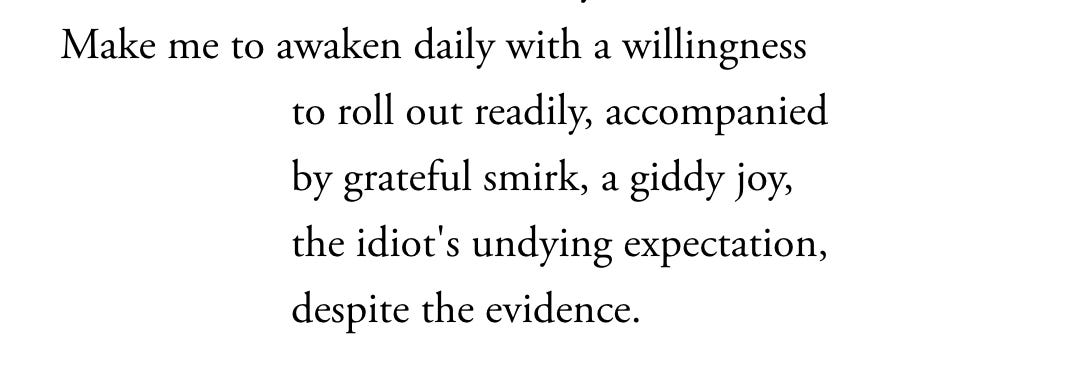

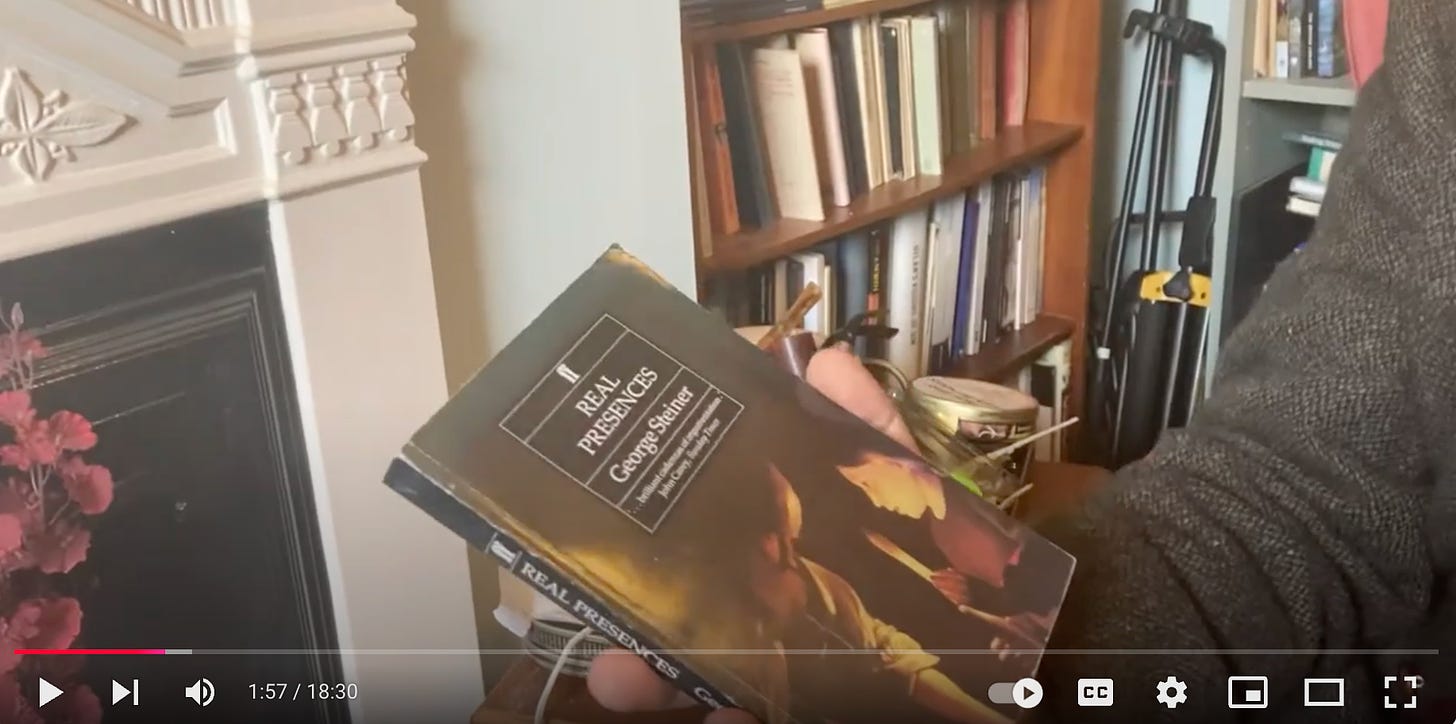



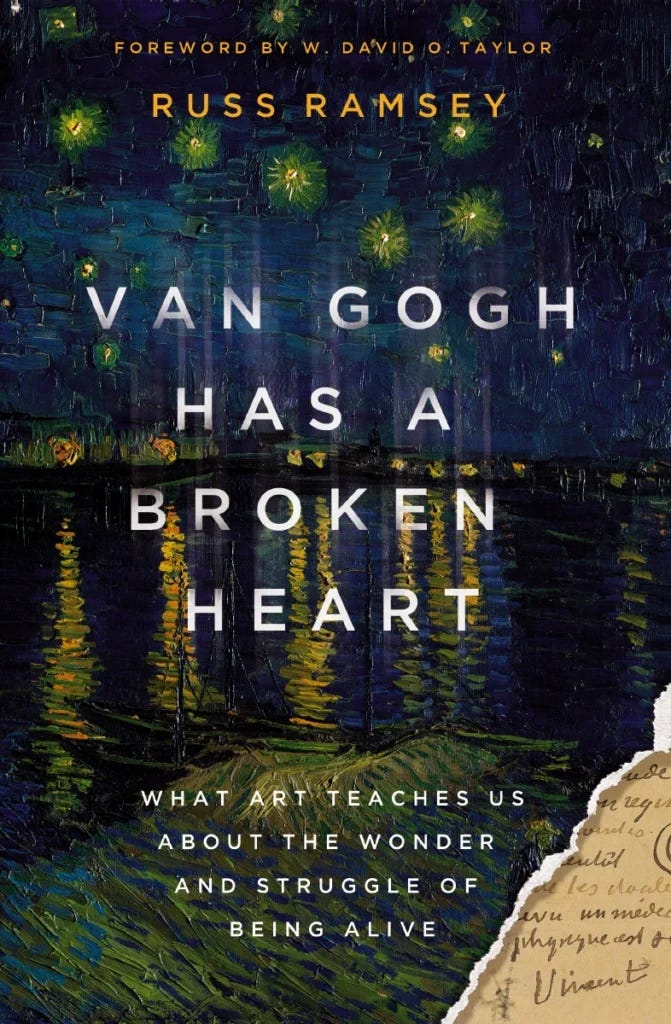
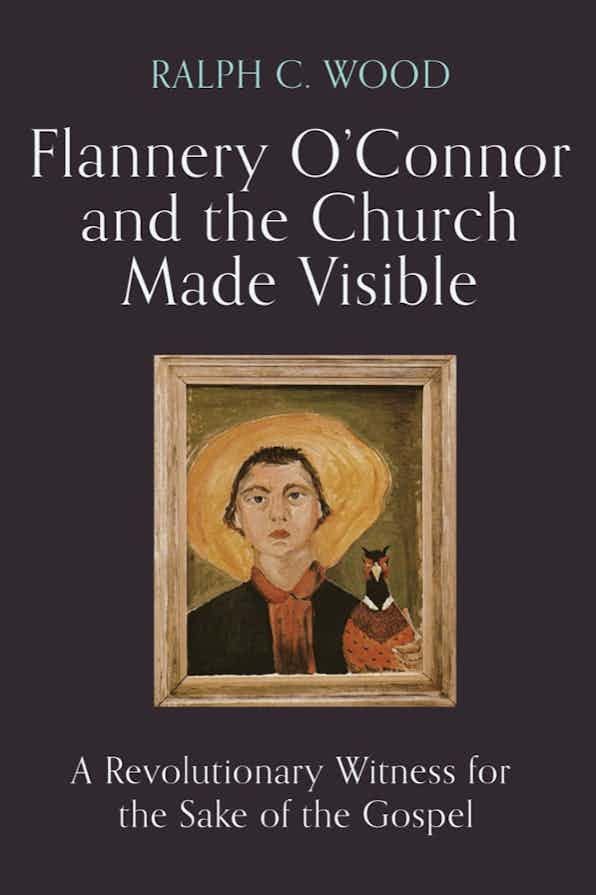
so many new books to add...so little time!